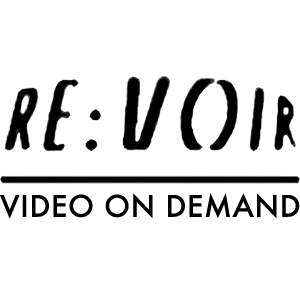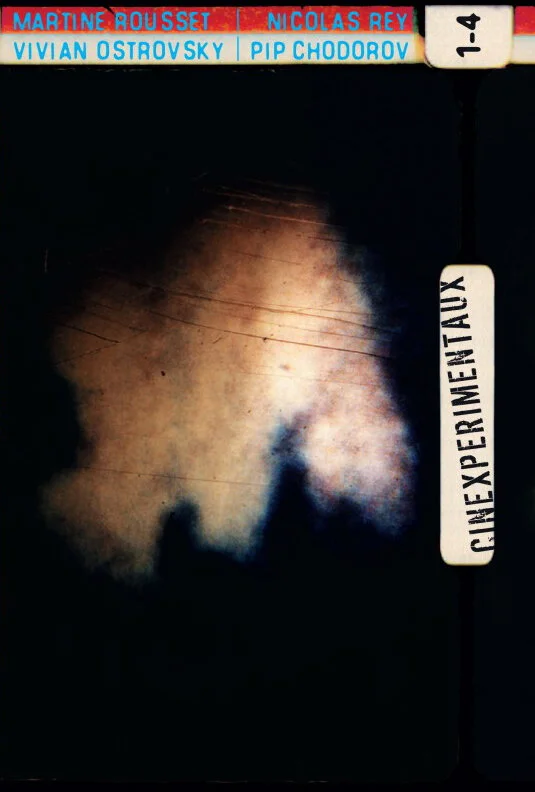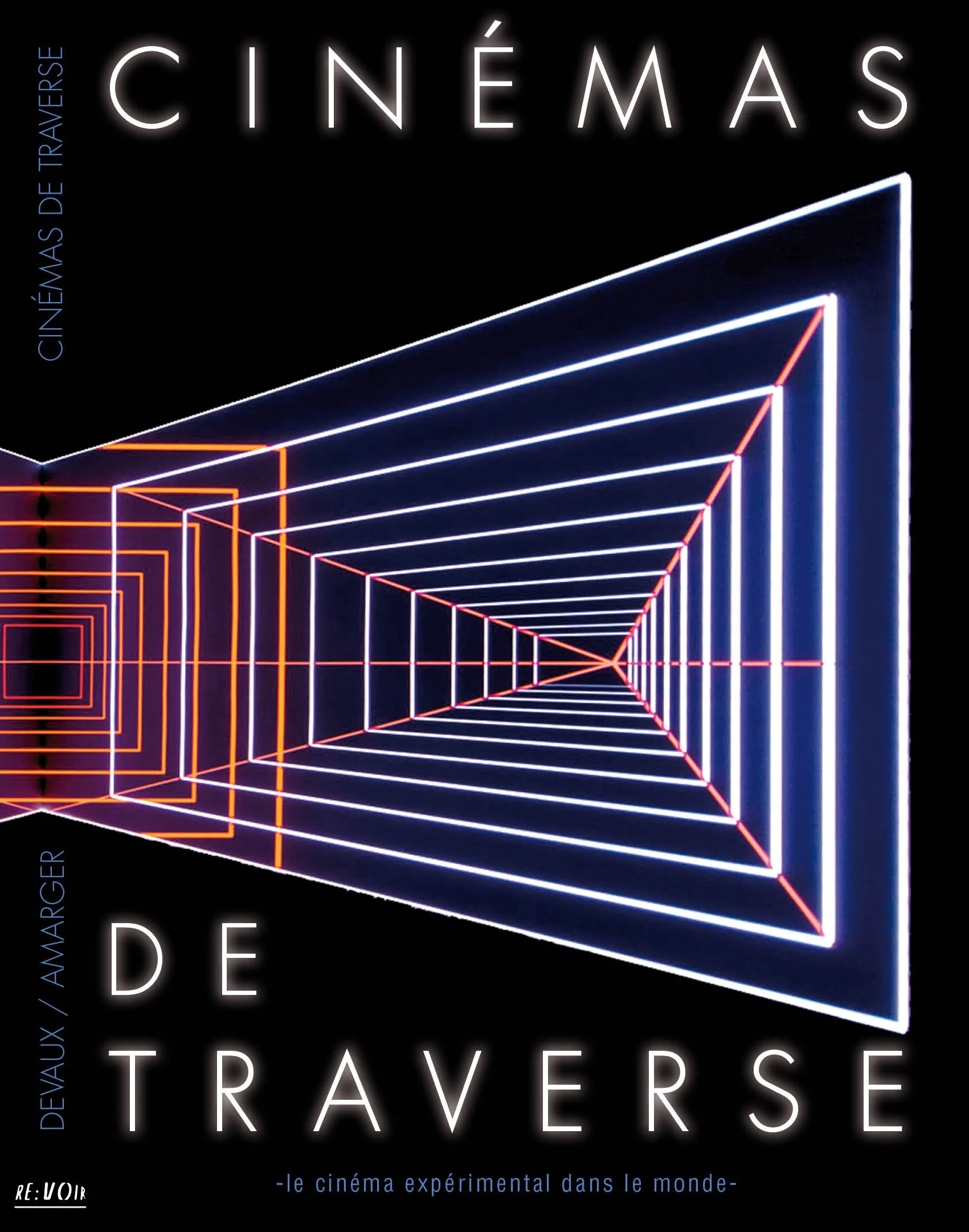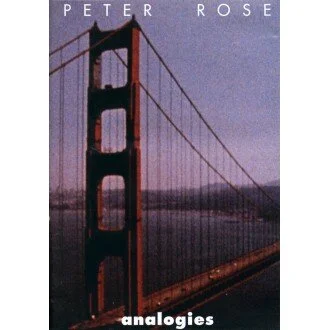Frédérique Devaux & Michel Amarger - CINEXPÉRIMENTAUX 1-4
1.Frédérique Devaux et Michel Armager - CINEXPÉRIMENTAUX 1 Martine Rousset 12:47mins
2.Frédérique Devaux et Michel Armager - CINEXPÉRIMENTAUX 2 Nicolas Rey 13:49mins
3.Frédérique Devaux et Michel Armager - CINEXPÉRIMENTAUX 3 Vivian Ostrovsky 13:15mins
4.Frédérique Devaux et Michel Armager - CINEXPÉRIMENTAUX 4 Pip Chodorov 12:46mins
5.Vivian Ostrovsky - NIKITA KINO (English - Newly Restored Version 2020) 42:37mins
6.Vivian Ostrovsky - NIKITA KINO (Français - Nouvelle Version Restaurée 2020) 42:37mins
7.Martine Rousset - Mansfield K (1988) 17:02mins
8.Martine Rousset - Hotel Turkoman (2002) 10:33mins
9.Pip Chodorov - Charlemagne 2: Piltzer (2002) 22:29mins
A documentary film by Frédérique Devaux and Michel Amarger about 4 experimental filmmakers: Martine Rousset, Nicolas Rey, Vivian Ostrovsky & Pip Chodorov. The strength of contemporary experimental cinema has encouraged us to meet and to film the most active filmmakers, distributors, movers and shakers in this art form. This developed into a number of autonomous portraits, forming a series demonstrating the plurality of approaches and practices in experimental film. Our independent productions introduce or complement the work of the artists, technicians, distributors and programmers who participate in the life of contemporary art cinema.
Frédérique Devaux and Michel Amarger have been making experimental films and documentaries since 1980. Frédérique Devaux is film critic and professor. Michel Amarger is a journalist, specializing in cinema, for Radio France International.
—
Born in New York in 1945, Vivian Ostrovsky spent her childhood in Rio de Janeiro, then pursued graduate studies in Paris in psychology and cinema. In the 1970s, she co-founded Ciné-Femmes International, an organization dedicated to the distribution of women's films. Since 1980 Vivian Ostrovsky has made more than twenty films, most of them shot in Super-8, which often include found footage, excerpts from fiction, documentaries, or home movies. Her films exploit the theme of displacement, and are situated, according to Yann Beauvais, between "diary films" and "collage films". Her work has been shown in numerous retrospectives and exhibitions in museums and festivals around the world.
NIKITA KINO – The film is a travelogue of sorts. In 1960 my family lived in Brazil when my father discovered his sister and brother in Moscow, who he hadn’t seen for 40 years, were still alive. Since they couldn’t leave the USSR we went to visit them regularly for about 15 years. At the time I had my 8mm then a super 8 camera with which I filmed the family, our outings, picnics, markets and their homes… I decided to use this material, which was not very interesting per se, by mixing it with Soviet found-footage of the same period (1960’s, 1970’s, 1980’s). I used feature films, propaganda footage, newsreels, etc. The result is a kind of Khruschev-era mix with a collage of Soviet music and a voice-over of my memories of the Cold War period.
“How can one tell the story of the 1960s and 1970s Soviet Union without falling into easy anticommunisim or acritical nostalgia ? NIKITA KINO succeeds in this by adopting a bubbly polyphony of offbeat, unfamiliar points of view : that of the imaginery, with Khruschev-era excerpts of propaganda and fiction films ; that of feelings, thanks to the home movies shot by the Brazilian-Jewish filmmaker while visiting her family in Russia ; that of a collage-artist who composes her film fragments (Ostrovsky is an avant-garde filmmaker). In this patchwork that is by no means « vintage », the editing weaves the material with threads of mischief and intelligence. Ironic shots and countershots dismantle the paranoid power discourse, surprising shifts in meaning and style transform the singular individuals of the Ostrovsky family into a universal “we,” evoking the glasnost and Cold War era while rooting itself in the contemporary world.” [Federico Rossin, film historian, programmer]
—
Pip Chodorov was born in New York in 1965. Filmmaker and music composer, he has worked in film distribution. He created in 1994 a publishing company cassette historical and contemporary experimental films. His camera captures fragments of moments, the world of entertainment, in the etymological sense of the term, the soul of all that surrounds it, frame by frame.



